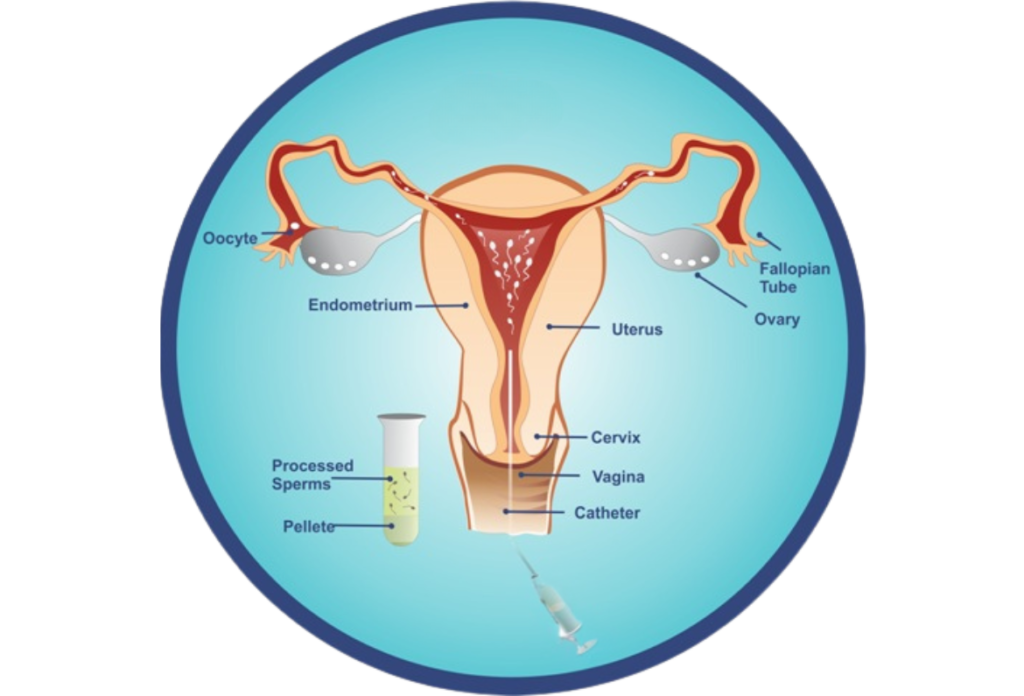
Intrauterine Insemination (IUI) is a commonly recommended fertility treatment designed to enhance the chances of conception for couples facing challenges in achieving pregnancy. This minimally invasive procedure involves placing processed, concentrated sperm directly into the uterus around ovulation to bring sperm closer to the egg, increasing the likelihood of fertilization. Often used with ovulation-inducing medications, IUI benefits those with mild male infertility, unexplained infertility, cervical issues, irregular ovulation, and individuals or couples using donor sperm. Preparation includes an initial evaluation to assess reproductive health, ovulation tracking, and sperm collection, either from a partner or a donor. During the procedure, the concentrated sperm is inserted into the uterus through a thin catheter, usually causing little to no discomfort, and the entire process typically takes less than an hour. After IUI, mild cramping or spotting may occur, and a pregnancy test about two weeks later determines the outcome. Factors like age, underlying infertility causes, and ovulation medications influence success rates, which generally range between 10-20% per cycle and may improve over multiple cycles. IUI serves as an effective, cost-friendly starting point in fertility treatment, with patients often finding it beneficial as a first-line option.

No Comments